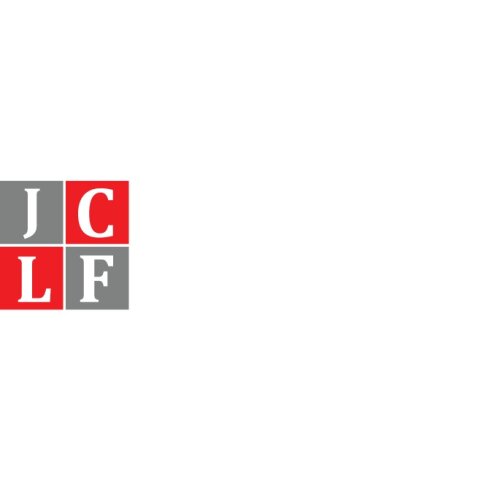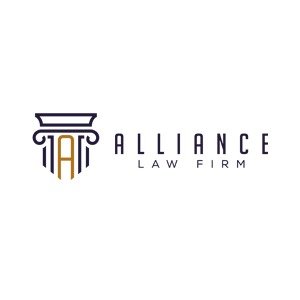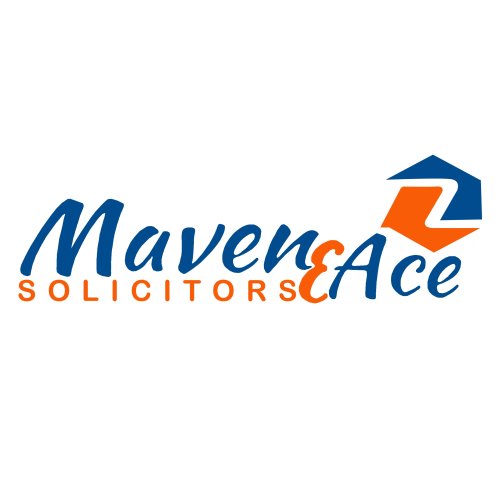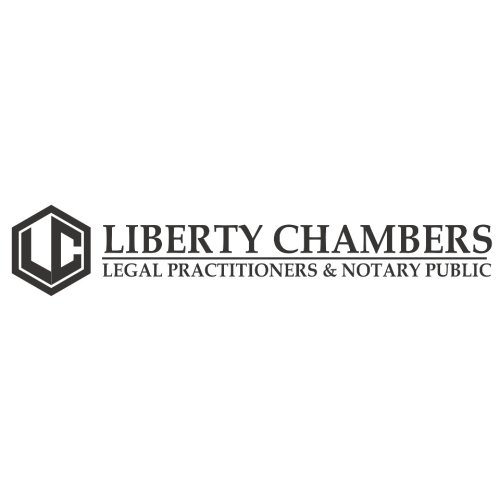Best Tax Increment Financing Lawyers in Port Harcourt
Share your needs with us, get contacted by law firms.
Free. Takes 2 min.
List of the best lawyers in Port Harcourt, Nigeria
About Tax Increment Financing Law in Port Harcourt, Nigeria
Tax Increment Financing (TIF) is a public financing method that is used as a subsidy for redevelopment, infrastructure, and other community-improvement projects in Port Harcourt, Nigeria. It enables the local government to earmark future property tax revenue increases from a designated area to pay for improvements within that area. This approach helps in revitalizing underdeveloped or neglected areas by attracting private investors and improving the socio-economic standards of the community.
Why You May Need a Lawyer
In the context of Tax Increment Financing, seeking legal advice might be necessary in several situations, including:
- Understanding the legal implications of TIF and the obligations involved.
- Guidance on compliance with local laws and regulations regarding TIF projects.
- Negotiation and drafting of agreements with developers or government entities.
- Resolving disputes that arise during the execution of TIF projects.
- Representation in legal proceedings related to TIF projects.
Having a lawyer can help ensure that you understand and can effectively navigate the complexities of TIF laws and agreements.
Local Laws Overview
Tax Increment Financing in Port Harcourt is governed by a framework that involves local government policies and regulations. Key aspects include:
- Designation of TIF districts: Areas identified for redevelopment through TIF must be officially designated by the local government.
- Project approval and oversight: TIF projects generally require approval from local councils and are subject to ongoing oversight to ensure compliance and effectiveness.
- Tax revenue allocation: Specific guidelines dictate how increment tax revenues are calculated and allocated to repay project financing.
- Community involvement: Public hearings and input are often required to ensure the community's interests are considered in TIF projects.
Frequently Asked Questions
What is the primary goal of Tax Increment Financing?
The primary goal of TIF is to stimulate economic development in underutilized or blighted areas by using future tax revenue increases to finance improvements today.
Who can initiate a TIF project?
TIF projects can be initiated by local government authorities, developers, or community organizations seeking to improve an area.
How is the increment in tax revenue determined?
The increment is calculated as the difference between the base property tax revenue at the time the TIF district is created and the increased revenue over time due to property value enhancements.
What types of projects can TIF finance?
TIF can finance a wide range of projects, including public infrastructure, community facilities, residential, commercial and mixed-use developments.
Are there risks involved with TIF?
Yes, potential risks include not meeting projected increases in property values, which can impact the financing of the project and overall financial health of the TIF district.
How does TIF impact existing tax revenue?
Existing tax revenues are not affected; however, the increase in taxes generated from the district (the increment) is used to fund the project improvements.
Can a TIF district be dissolved?
Yes, when the objectives of the TIF project have been met, or financial obligations are settled, a TIF district can be dissolved according to local regulations.
What role do developers play in TIF projects?
Developers partner with governmental bodies to execute projects planned within a TIF district, often sharing in costs and risks associated with the development.
How long do TIF projects typically last?
The duration varies but typically spans 15-30 years, allowing adequate time for the return on investment to materialize through increased taxes.
How can community interests be protected in TIF projects?
Through mandatory public participation processes, communities can voice concerns and suggest improvements to ensure TIF projects meet public needs and expectations.
Additional Resources
Those seeking further information on TIF in Port Harcourt may consider the following resources:
- Rivers State Government Development Policies and Offices
- Federal Ministry of Finance guidelines and publications
- Local financial or legal firms specializing in urban development
- Community advocacy groups and NGOs focused on urban development
Next Steps
If you require legal assistance in matters related to Tax Increment Financing, consider the following steps:
- Consult with a qualified lawyer who specializes in property and urban development law.
- Contact local bar associations for referrals to experienced professionals.
- Engage with local planning departments for updates on regulations and potential legal advisors.
- Attend community meetings or workshops related to TIF projects to connect with knowledgeable individuals.
Ensuring you have access to informed legal advice can greatly enhance your ability to effectively engage with TIF opportunities or resolve any issues that may arise.
Lawzana helps you find the best lawyers and law firms in Port Harcourt through a curated and pre-screened list of qualified legal professionals. Our platform offers rankings and detailed profiles of attorneys and law firms, allowing you to compare based on practice areas, including Tax Increment Financing, experience, and client feedback.
Each profile includes a description of the firm's areas of practice, client reviews, team members and partners, year of establishment, spoken languages, office locations, contact information, social media presence, and any published articles or resources. Most firms on our platform speak English and are experienced in both local and international legal matters.
Get a quote from top-rated law firms in Port Harcourt, Nigeria — quickly, securely, and without unnecessary hassle.
Disclaimer:
The information provided on this page is for general informational purposes only and does not constitute legal advice. While we strive to ensure the accuracy and relevance of the content, legal information may change over time, and interpretations of the law can vary. You should always consult with a qualified legal professional for advice specific to your situation.
We disclaim all liability for actions taken or not taken based on the content of this page. If you believe any information is incorrect or outdated, please contact us, and we will review and update it where appropriate.

















